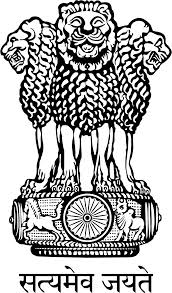SYMPTOMS OF SEVERE AND COMPLICATED MALARIA
BackThe priority requirement is the early recognition of signs and symptoms of severe malaria that should lead to prompt emergency care of patient. The signs and symptoms that can be used are non-specific and may be due to any severe febrile disease, which may be severe malaria, other severe febrile disease or concomitant malaria and severe bacterial infection.
The symptoms are a history of high fever, plus at least one of the following:-
- Prostration (inability to sit), altered consciousness lethargy or coma
- Breathing difficulties
- Severe anaemia
- Generalized convulsions/fits
- Inability to drink/vomiting
- Dark and/or limited production of urine
Patients with prostration and/or breathing difficulties should, if at all possible, be treated with parenteral antimalarials and antibiotics. Oral treatment should be substituted as soon as reliably possible. Frequent monitoring of laboratory parameters is essential - blood sugar, blood urine, fluid balance, associated infection, etc. Drugs that increase gastro intestinal bleeding should be avoided.

























